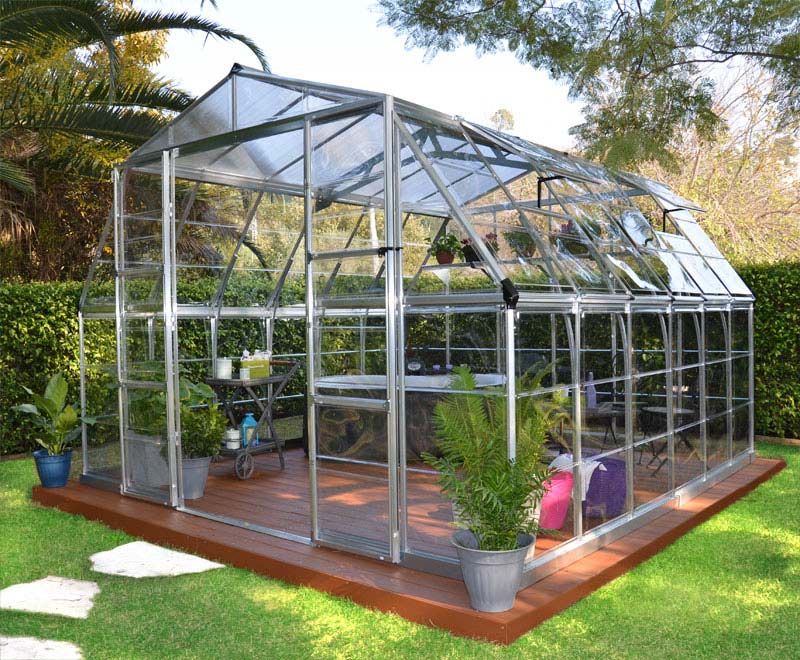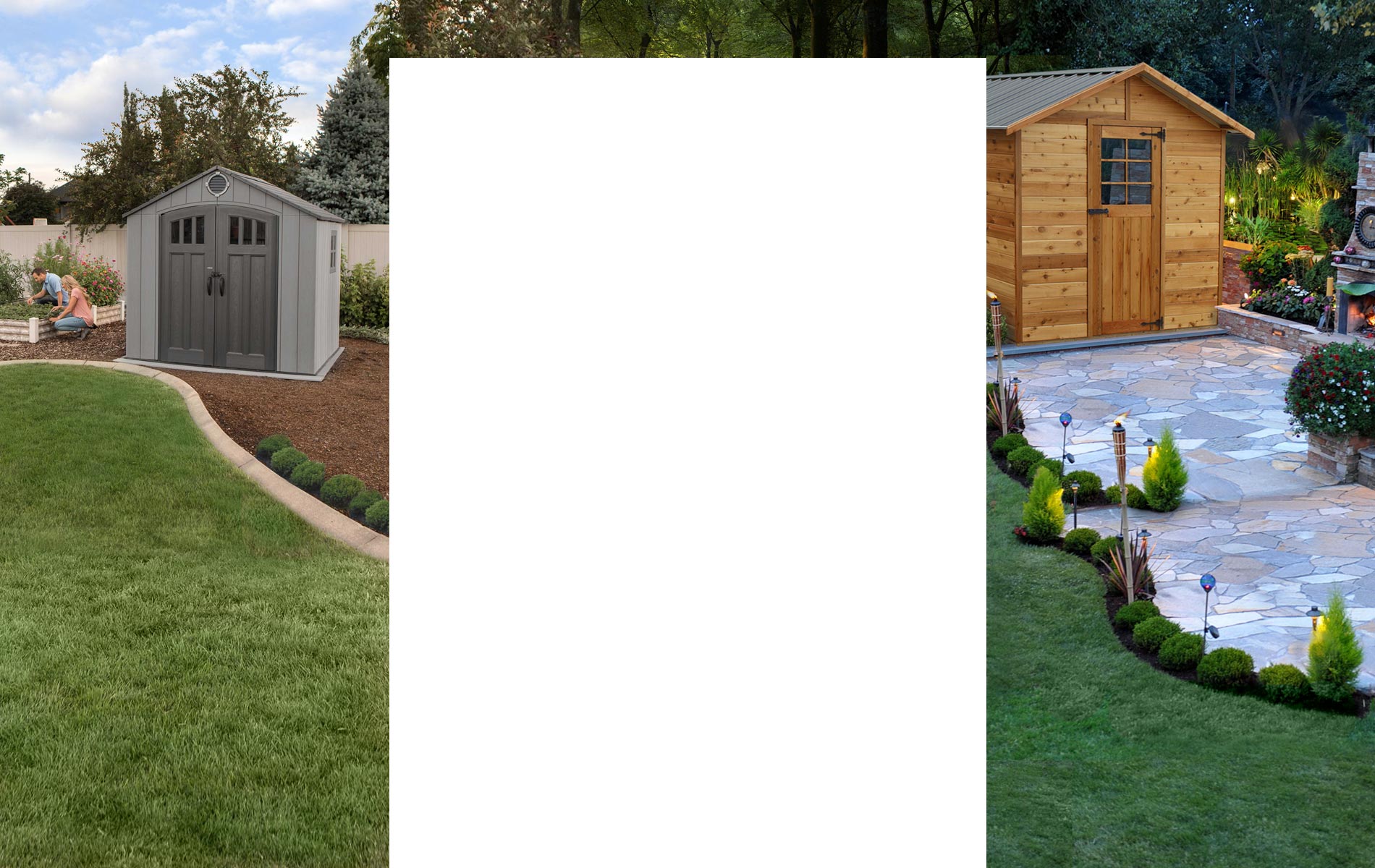Glass and polycarbonate both have advantages for use in greenhouse glazing situations. So which is better overall?
Traditionally, greenhouses have been glazed with glass – glasshouses in fact. In recent years, however, advances in technology have resulted in the development of plastics such as acrylics (e.g. Perspex) and polycarbonates (e.g. Lexan or Suntuf) which are often used in glazing applications. Polycarbonate is widely used because it has a combination of high impact strength and clarity which no other plastic or glass can match.

Polycarbonate glazing – SILVER LINE AMERICANA
So which is better for glazing a greenhouse, glass or polycarbonate?
Glass offers visual clarity and can last indefinitely in fully protected situations. However, it is heavy and this necessitates very strong frame design, typically with a large number of relatively small panes. This can result in maintenance issues with seals and gaskets perishing and leaks occurring. Glass is also susceptible to breakage from hail, balls, stones etc. and is expensive to replace.
Polycarbonate is virtually unbreakable, having an impact resistance 250 times that of glass. The video at http://landera.com.au/greenhouse illustrates just how tough it is. It is also light, which enables larger glazing panels to be used and reduces the need for heavy and bulky frame structure. Not all grades of polycarbonate are suitable; it is important to ensure that a good quality UV protected polycarbonate is used, and that product guarantees are offered. Whilst a UV protected polycarbonate has a service life of 15 – 20 years, a poor quality product will not last for more than 3 or 4 years in typical Australian conditions.
The question of aesthetics is also important to many people, and there is no doubt that the top end of the market where price is not so much of a consideration is still dominated by the traditional glasshouse. From a value for money perspective, however, it seems that polycarbonate is a clear winner!
But cost aside, there are some amazing glasshouses out there. Anyone who loves gardening and glasshouses should check out the Kew Gardens in the UK – see http://www.kew.org/visit-kew-gardens/garden-attractions-A-Z/glasshouses/ .


